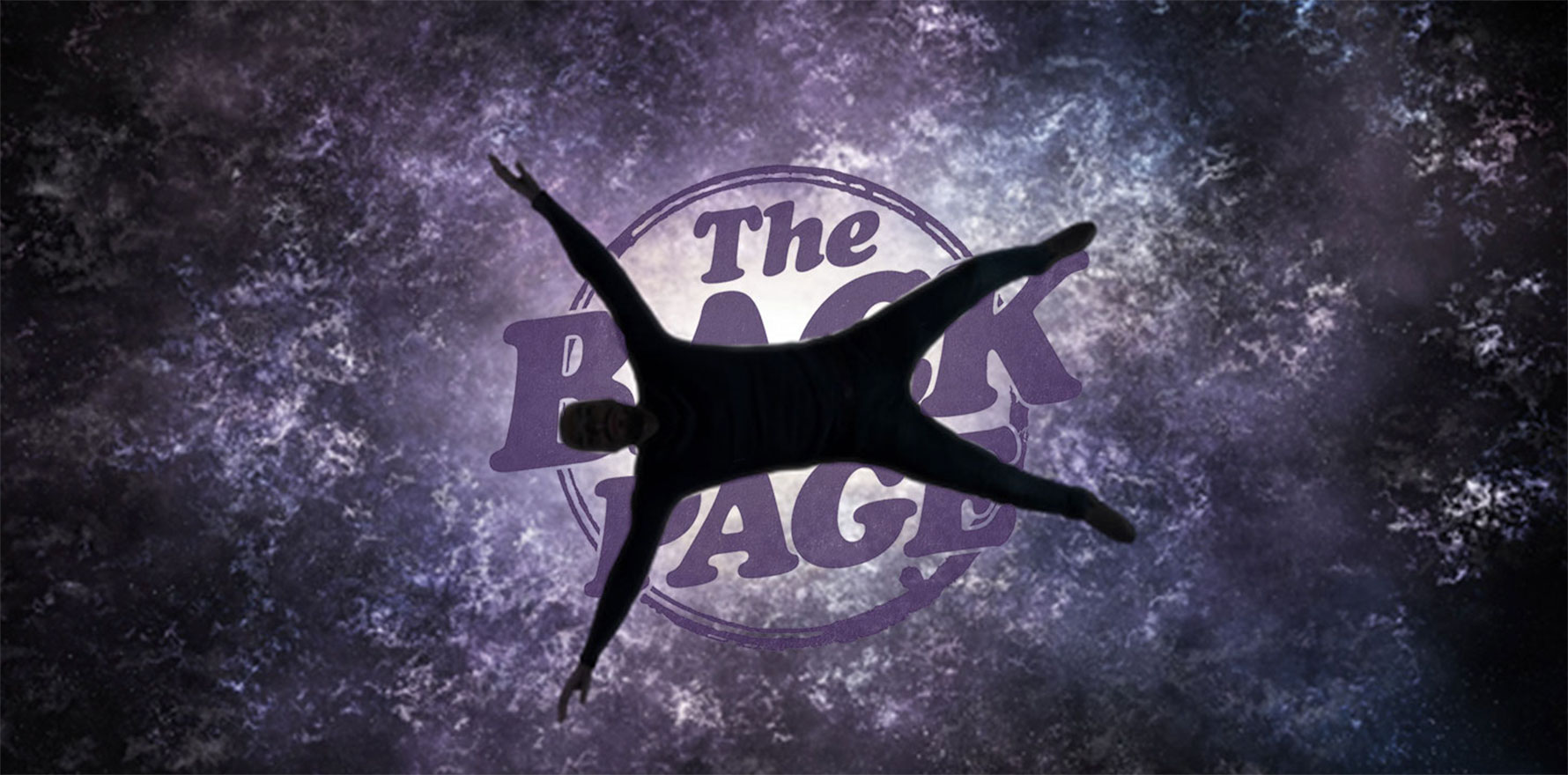There seems to be an association with sleeping difficulties and belief in the paranormal.
Tis now the very witching time of night, / When churchyards yawn and hell itself breathes out / Contagion to this world.
There’s a reason things tend to go bump in the night, rather than in the day, and it may be for reasons more mundane than Hamlet’s: poor sleep.
Building on a body of research tentatively linking beliefs in the paranormal to sleeping disorders, a University of London-led team signed up a large online cohort of nearly 9000 people to see how the two things lined up.
The sample was self-selecting, overwhelmingly white and two-thirds female.
They evaluated a range of sleep variables for all subjects – sleep efficiency, duration and latency, and insomnia symptoms, together “subjective sleep quality” – as well as the dreaded sleep paralysis and “exploding head syndrome” (EHS). The latter, an entirely new one for your Back Page correspondent, is “a sleep disorder characterised by loud noises or a perception of explosion in one’s head during wake-sleep or sleep-wake transitions”, the authors write.
Six paranormal beliefs were also measured: ghosts, souls that persists after death, communication with the dead, near-death experiences as evidence for an afterlife, demons and that aliens have visited earth.
All paranormal beliefs predicted all sleep variables; that is, the more people believed in any of the above, the more likely they were to have all kinds of poorer sleep.
As for the two more dramatic sleep disorders, there was a positive association between EHS and belief that aliens had visited earth, while sleep paralysis was associated with the belief that near-death experiences are evidence of an afterlife.
There was a U-shaped relationship between belief in souls and insomnia, suggesting, the authors write, that uncertainty may be keeping some people awake at night. But more generally, the direction of effects will require further research to establish.
The results, they say, could encourage clinicians to consider sleep issues, rather than more serious psychiatric disorders, when a patient professes belief in supernatural beings and experiences.
Incidentally, hot chocolate with milk at bedtime, rather than hot blood, is indicated if you have trouble nodding off.
Tell your nightly spectral dreams to penny@medicalrepublic.com.au.


